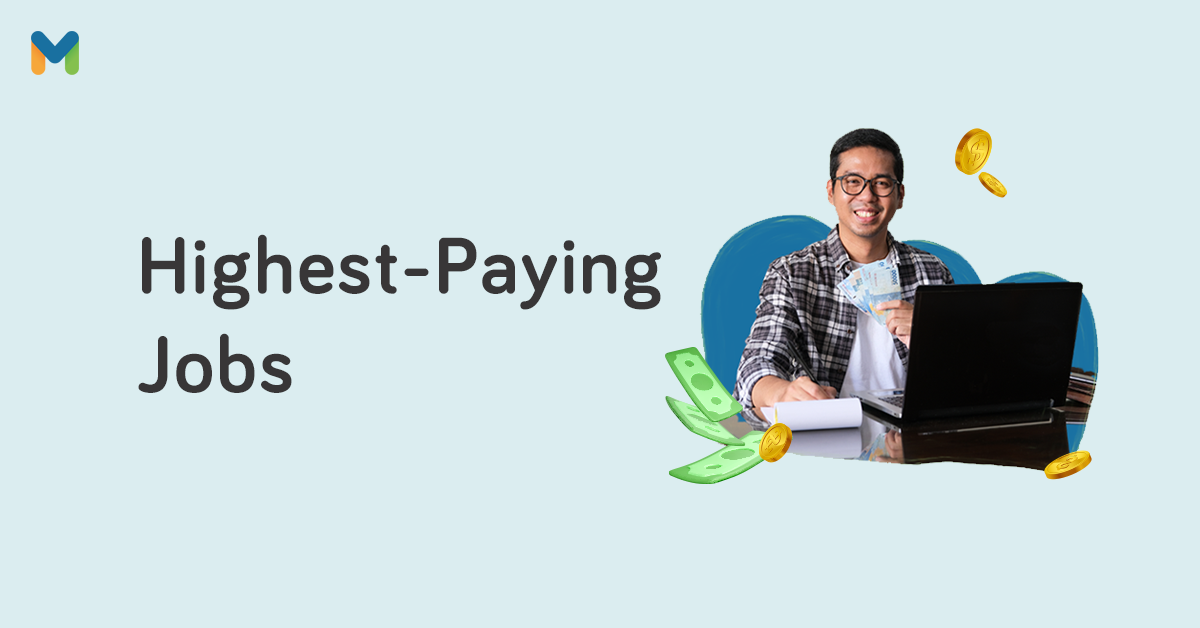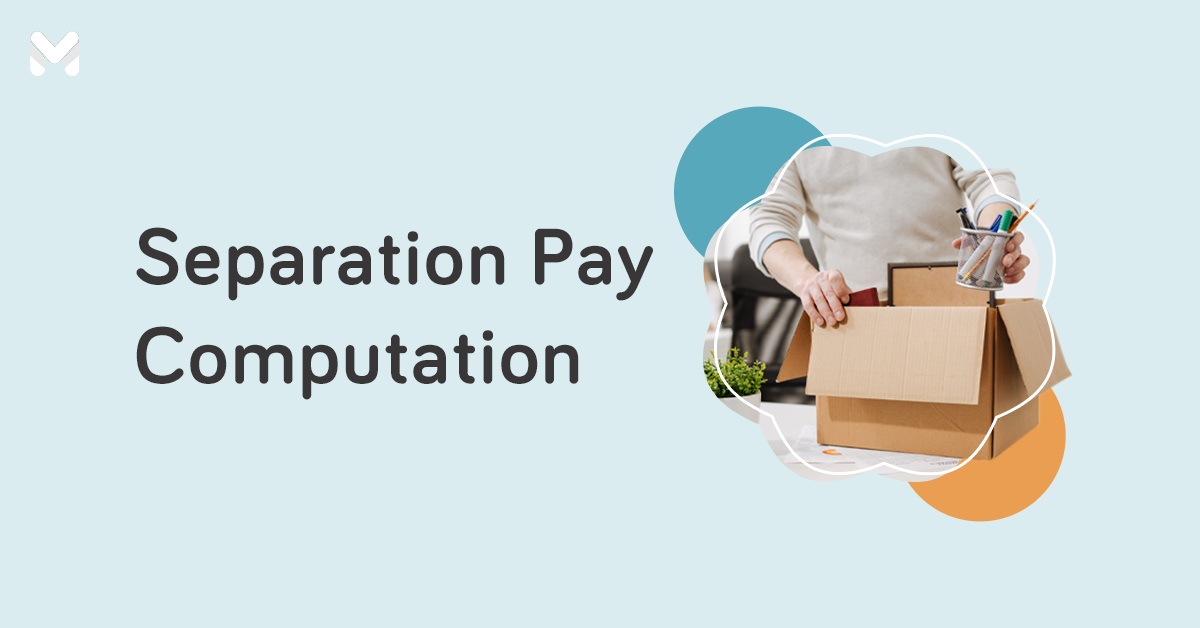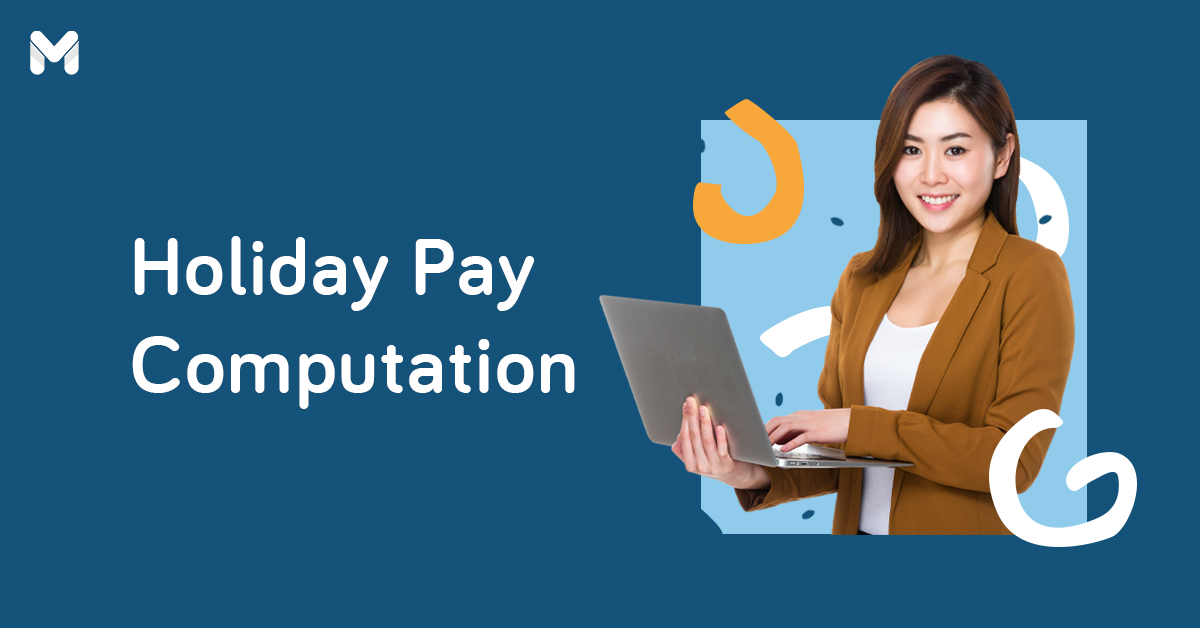To leave or to stay? If resigning from your job has been on your mind for weeks, months, or even years, you're probably itching to start fresh and try something new.
In the Philippines, "The Great Resignation" is still in full swing this 2023—so much so that President Marcos has been urged to address the "alarming trend."[1]
But before you join the bandwagon, make sure to think it through because it’s a life-changing decision—not only in terms of your career but also your finances. As early as now, you should know how to financially prepare before quitting your job.
Things to Consider Before Resigning
-Nov-29-2023-08-53-14-9116-AM.png?width=600&height=400&name=Pics%20for%20blog%20-%20600x400%20(7)-Nov-29-2023-08-53-14-9116-AM.png)
Before you even think about how to prepare to quit your job, weigh the benefits you'll be giving up versus your reasons for quitting:
📌 Current Compensation
Money matters in career decisions. Of course, you want to be where the grass is greener. According to consulting firm PwC, 70% of job switchers seek higher pay, while 59% seek higher ranks or positions.[2]
Is your current paycheck worth giving up? Talk to your manager and try to work together to resolve the issues. But if it doesn't work out, then it's time to call it quits.
Of course, certain situations make resignation necessary and urgent, like sexual harassment and a toxic work culture that can drain a person mentally and cause health problems.
📌 Company Perks
Consider also the perks you're enjoying that you might not get elsewhere: HMO, life insurance, company-issued car or smartphone, numerous paid leaves, non-taxable allowances, travel opportunities, and retirement packages.
Can you live without them? Which of these benefits are important to you and which ones are you willing to forego?
If you want to resign to become self-employed, do you have a health card and life insurance that you or your family can use during a medical emergency?
Related reading: How to Financially Recover from Unemployment in the Philippines
How to Financially Prepare Before Quitting Your Job
-Nov-29-2023-08-57-31-0807-AM.png?width=600&height=400&name=Pics%20for%20blog%20-%20600x400%20(8)-Nov-29-2023-08-57-31-0807-AM.png)
Made up your mind already? Before resigning, get your finances in order so that you won’t end up stressing over money and regretting your decision. Here's how to prepare for resignation:
✔️ Look for a New Source of Income
Most companies in the Philippines require their employees to give a 30-day notice before resigning. But typically, one month isn’t enough time to find a new job that’s a good fit. It could take three months or even longer.
Start looking for a new job at least three to six months before you resign. Unemployment or a long employment gap on your resume can hurt your chances of getting hired.
If you’re planning to focus on becoming a full-time entrepreneur instead, grow your business first and quit your full-time job only when you have a steady cash flow and a solid customer base.
Thinking of taking on freelance gigs while looking for a new job? Note that landing a freelance job nowadays can take at least a month. Start finding clients while you still have a day job. Of course, just don’t do it during work hours!
Read more:
- Career Revamp? Consider These 10 Highest-Paying Jobs in the Philippines
- Top Online Jobs in the Philippines You Should Consider
- Your Dream Job is Waiting: Job Fairs in the Philippines 2023
✔️ Save at Least Three to Six Months' Worth of Living Expenses
-Nov-29-2023-08-58-38-8097-AM.png?width=600&height=400&name=Pics%20for%20blog%20-%20600x400%20(9)-Nov-29-2023-08-58-38-8097-AM.png)
Alternatively, you can choose not to work for some time after leaving your job. Take that well-deserved rest or travel to unwind, especially if you’re burned out. But you can do these things only if you have enough savings to get you through until you’re earning again.
Yes, your employer will issue your back pay, but you’ll have to wait one month at the very least. Some companies also hold their resigned employees’ final pay, usually including it in the back pay upon clearance from HR. This means you might not receive your final pay in your last month of employment.
How much money do you need before you quit your job? That depends on how much money you need to survive while you’re not earning income.
While preparing to quit your job, save at least three to six months’ worth of your living expenses. This emergency fund will serve as your safety net or financial buffer.
Aside from pooling sufficient savings, cutting down your expenses will ease your finances while you’re in between jobs.
✔️ Hold Off Any Large Purchase
Planning to buy a house or car this year? Delay your resignation until you find a job or sustain a business that can cover your monthly repayments.
Leaving your job can also affect your chances of getting approved for loans. The Pag-IBIG Fund, SSS, banks, and other lenders in the Philippines require payslips and income tax returns to prove that you can repay your loan. Sticking with your present employer may be the only way to present proof of stable income.
Thus, you may want to reconsider turning in your resignation letter. But if you’ve already made up your mind, wait until you get a stable job before you start your home or car purchase.
✔️ Plan the Timing of Your Resignation
-Nov-29-2023-08-59-51-7195-AM.png?width=600&height=400&name=Pics%20for%20blog%20-%20600x400%20(10)-Nov-29-2023-08-59-51-7195-AM.png)
At work and in life, timing is everything. If you’re determined to resign, make sure you have a definite timeline for your exit. Consider how leaving your job at a certain time of the year will affect your income and spending.
For example, if you’re a parent or the sole provider in the family, resigning a few months before schools open can ruin your budget, unless you prepare ahead for your child’s tuition.
Also, consider postponing your resignation if bonuses are up in a few months. If you’re already entitled to a lump-sum early retirement package from your employer this year, you might want to wait a bit.
✔️ Talk to Your Family About Your Plan
Your resignation may also affect your household budget and spending, especially if you’re the breadwinner. Can your family adjust their lifestyle?
Sit down with your spouse, children, parents, or siblings—they need to know your plans. Involve them in any cost-cutting measures and budget adjustments.
Related reading: Laid Off? Here’s How to Compute Separation Pay in the Philippines
Final Thoughts
Resignation—whatever the reason—can leave a big impact on your finances. So make sure everything is in order before you leave the stability of your current job.
With a carefully laid-out plan on how to financially prepare before you quit your job, you’ll feel more confident in making that all-important decision.

Sources:
- [1] Marcos urged to address ‘alarming’ resignation trend in PH (Inquirer, 2023)
- [2] Nearly a third of PHL workforce expecting to switch jobs over next 12 months — study (Business World, 2023)









